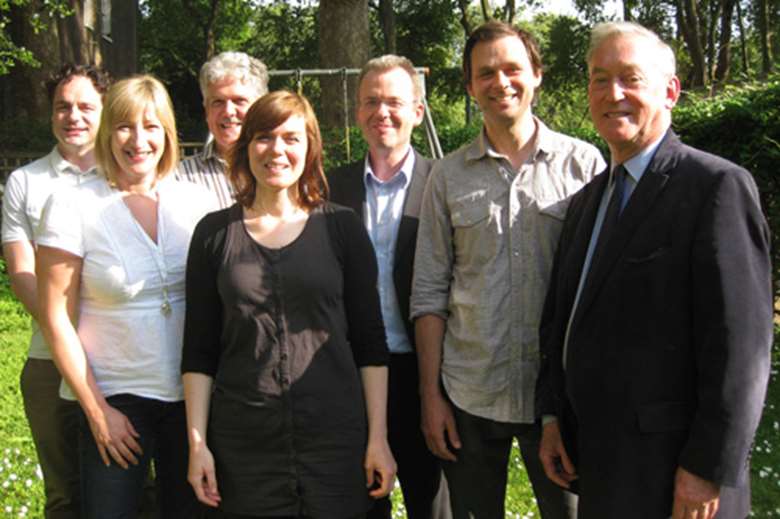Good Practice: How a pilot scheme has led to a reduction in parental substance misuse and children taken into care
Friday, May 27, 2011
The Family Drug and Alcohol Court initiative boasts impressive trial results, including a 48 per cent success rate in mothers who stopped misusing substances

Project Family Drug and Alcohol Court
Funding FDAC is funded by the Department for Education, Ministry of Justice, Home Office, Department of Health and the pilot local authorities. The average cost per family is £8,740
Purpose
To develop a more effective approach to care proceedings involving families affected by parental substance misuse and improve outcomes for children and parents
Background
Parental substance misuse is a significant factor in up to two-thirds of care cases. There has long been concern that not enough is done to help families with substance misuse problems who end up in court. Other problems highlighted by children's and legal professionals include a lack of co-ordination between children's and adult services, delays in protecting vulnerable children and reaching decisions, and soaring costs. The FDAC was set up in 2008 in an effort to address these issues with a new problem-solving approach.
Action
A pilot based at the Inner London Family Proceeding Court in Wells Street began in January 2008 in conjunction with Camden, Islington and Westminster councils. One difference to ordinary care proceedings is that the court has two dedicated district judges.
The court also has a dedicated team of children's guardians and a multi-disciplinary specialist team. This is provided by The Tavistock and Portman NHS Foundation Trust in partnership with children's charity Coram, which provides speedy expert assessment, support and access to treatment. Another innovation is regular "non-lawyer review hearings", where judges talk to families to try to motivate them to turn their lives around.
Parents saw FDAC as fairer and valued the chance to have their say, explains Professor Judith Harwin, who led an evaluation of the scheme at Brunel University. "Some were very scared at the beginning and didn't want to say much — they may be terribly upset," she says "But over time, they develop the skills and confidence to talk about what's going well and any problems. It gives them a sense of empowerment and that's important and useful in the longer term."
At the same time, judges are up-front when things are not going well and very clear about what will happen if the situation does not improve.
Parents get help quickly once they enter care proceedings. "They get help for the full range of their problems — not just their substance misuse, but other things like housing and domestic violence, both of which are crucial components," says Harwin.
If parents fail to address their substance misuse problems, the case reverts to ordinary care proceedings. Where families are successfully reunited, then part of the FDAC team's role is to ensure they receive ongoing support once a final court order is made and their involvement ends. In April, Hammersmith and Fulham joined the pilot, which runs until March 2012.
Outcome
The evaluation, funded by the Nuffield Foundation and the Home Office, compared outcomes for a sample of families going through FDAC with those in ordinary care proceedings. Forty-eight per cent of mothers had stopped misusing substances by the time a final court order was made, compared with 39 per cent in the comparison group.
Thirty-six per cent of FDAC fathers were no longer misusing, while none of the dads in the comparison group stopped. More families were reunited — of the 41 FDAC mothers evaluated, 16 (39 per cent) were reunited with their children compared with four out of 19 (21 per cent) in the comparison group.
Researchers were struck by the fact that the approach could work with families with a long history of problems who had previously had other children taken into care. "Just as importantly, when parents weren't able to address their substance misuse, we found FDAC children were placed faster in permanent alternative homes," adds Professor Harwin.
The report concluded that the approach could save significant sums through fewer children going into care, shorter court hearings and fewer contested cases, less need for extra expert input, and by reducing future need for court, legal, health and probation services.
FDAC TRIAL RESULTS
Mothers who had stopped using substance
FDAC trial 48%
Comparison group 39%
Fathers who had stopped using substance
FDAC trial 36%
Comparison group 0%
Mothers reunited with children
FDAC trial 39%
Comparison group 21%
If you think your project or programme is worthy of inclusion, email supporting data to andy.hillier@haymarket.com.




